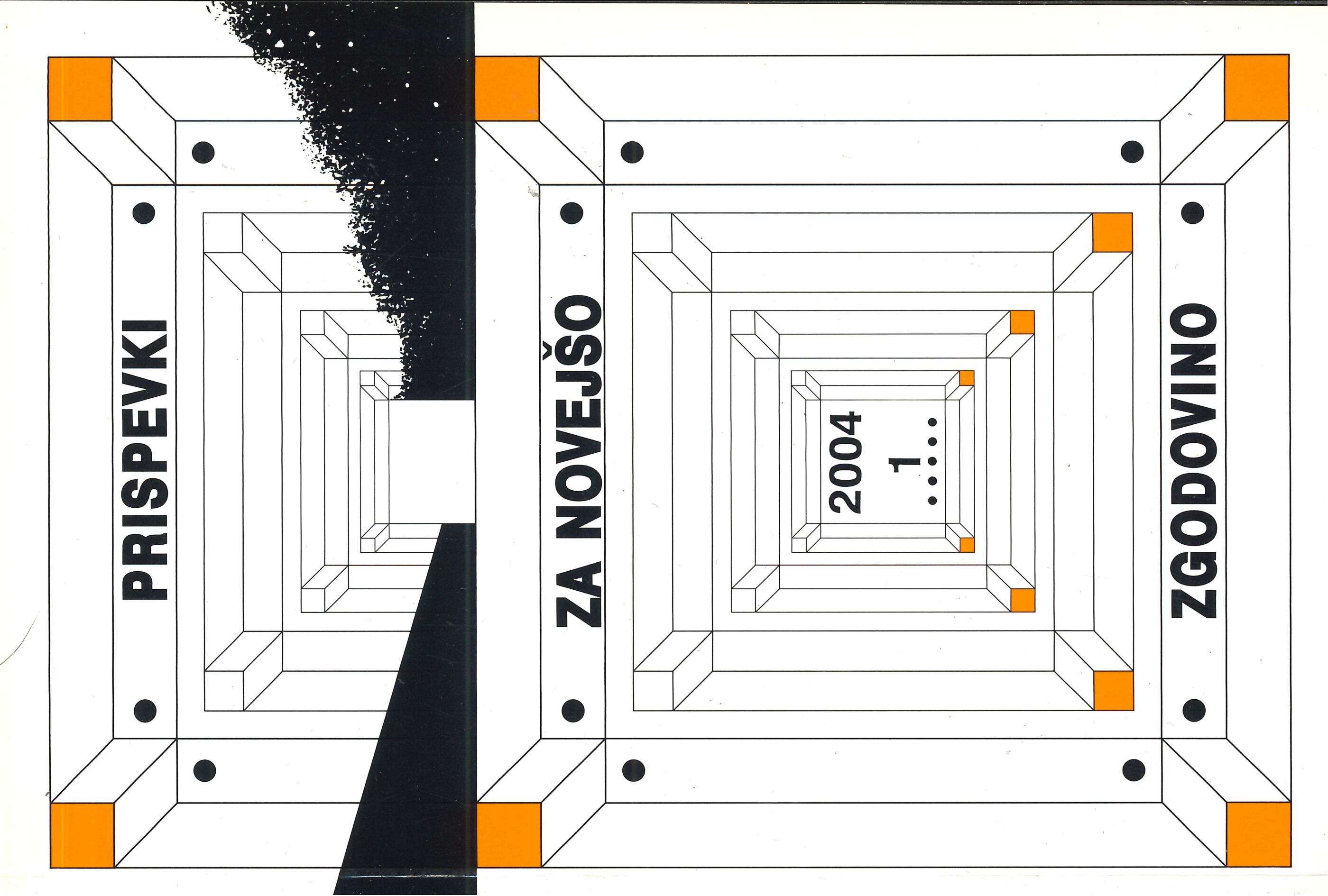Political Repression in Socialist Slovenia (Yugoslavia)
Keywords:
Slovenia, Yugoslavia, socialism, politics, judiciary, repressionAbstract
In the paper the author deals with various forms of violence in Slovenia after the Second World war. The most repressive of all was the period immediately after the Second World War. Although, in the subsequent decades, there were occasional administrative and judicial settlings of accounts, the system slowly softened. A progressively deepening crisis in Yugoslavia and an ever growing pressure from the center in Belgrade brought an end to the political repression and the control of the opposition by the end of the 1980s. A political struggle for power began. An interim period of gradual democratization in the 1980s was followed by multi-party elections in 1990 and a change of power. The classic division into the legislative, executive and judicial powers was established as were various forms of public control over the repressive institutions and activity.
Downloads
Published
Issue
Section
License
Authors who publish with this journal agree to the following terms:
- Authors retain copyright and grant the journal right of first publication with the work simultaneously licensed under a Creative Commons Attribution License that allows others to share the work with an acknowledgement of the work's authorship and initial publication in this journal.
- Authors are able to enter into separate, additional contractual arrangements for the non-exclusive distribution of the journal's published version of the work (e.g., post it to an institutional repository or publish it in a book), with an acknowledgement of its initial publication in this journal.
- Authors are permitted and encouraged to post their work online (e.g., in institutional repositories or on their website) prior to and during the submission process, as it can lead to productive exchanges, as well as earlier and greater citation of published work (See The Effect of Open Access).


